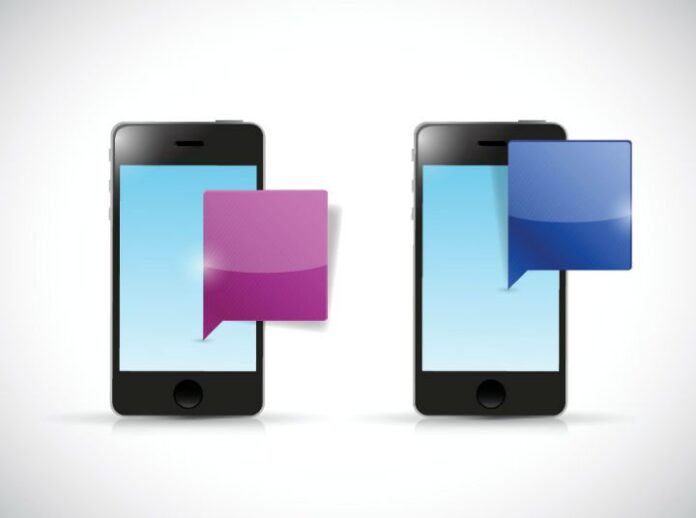Google claims move will bolster messaging applications
The rich communications services market received a rich new player as Google has snapped up RCS platform provider Jibe Mobile for an undisclosed amount.
In announcing the deal on the company’s Android Official Blog, Google said standard carrier text messaging has failed to keep up with “modern messaging apps” and that the acquisition of Jibe will bolster its efforts to broaden messaging applications for Google and the Android developer community.
“Many leaders in the wireless industry have already put great work into laying the foundation for RCS, and we’ve heard from many of them that there are ways Android can help,” explained Mike Dodd, Android RCS software engineer and minister of messaging. “We’re excited to team up with mobile operators, device makers and the rest of the Android ecosystem to support RCS standards and help accelerate their deployment in a more consistent way. We’re already working closely with many of our partners on implementing RCS, and look forward to growing the RCS ecosystem together.”
RCS is seen as a way for telecom operators to counter instant messaging applications offered by over-the-top players, including Google’s own IM platform that currently runs across its Hangout service. According to Juniper Research, OTT challengers cost communication service providers an estimated $14 billion in lost text messaging and voice revenue in 2014.
The deal to acquire Jibe would seem to be a way for Google to now partner with the telecom community on RCS platforms, or at least allow Google to steer which direction the RCS community takes in terms of standards and deployment models.
Jibe has recently posted a strong record of carrier agreements for its RCS platform. The company announced in early August it is working with Deutsche Telekom’s regional operating company in Albania, which followed a deployment in France with SFR. A deal was announced last year with DT for services in Romania and Slovakia.
Domestic carriers have so far been slower in adopting RCS platforms, though T-Mobile US earlier this year launched a RCS-powered platform building on work done by MetroPCS, which was the first domestic carrier to launch RCS services in 2012. Analysts have been predicting stronger uptake of RCS for some time, though timing has been questionable.
Bored? Why not follow me on Twitter

